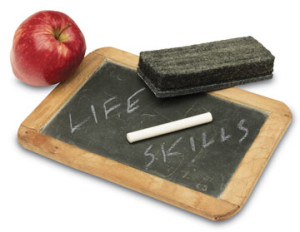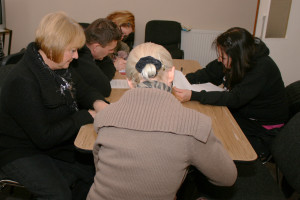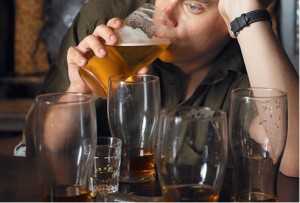When there is a death we mourn the passing, we share our grief and take solace from the comfort offered by others. However, when addiction is involved the situation changes. “Oh well, it’s just another dead junkie!” “One less on our streets!” “No waste there!” These are all comments I have heard and there are more.
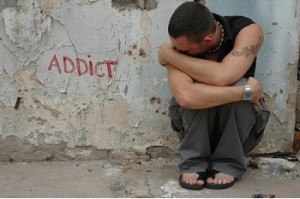
Sadly, when an addict/alcoholic dies all too many families take the decision to limit the truth about the death of their loved one preferring the white lie – “an aneurysm, very sudden!” “A brain tumour, we never knew!” “Heart problems”. In no other situation that I can think of would we ever lie or minimise the truth about someone’s death. Perhaps in the ‘80’s there was a similar stigma surrounding HIV deaths. But discrimination around drug and alcohol use has reached ridiculous proportions.
Discrimination: Headlines scream “junkie”, but why is this considered ok? Why is it considered appropriate for our national media to use these phrases and make them part of our everyday language? No other marginalised or vulnerable group would permit it. In fact, we’d all be up in arms, screaming and citing discrimination. We’ve come a long way with rights on LGBT, disability, mental health and ethnic minorities. There may still be a long way to go, but at least action can be taken when these groups suffer abuse of their condition, race, creed, sexuality, even age!
When will this same consideration be extended to the bereaved families and friends of an addict? Will they ever be able to hold their heads high and say “ yes, sadly he/she died of an overdose”, “ he or she had been drinking excessively for a long time, it was only a matter of time”, “He/she struggled with addiction for many years, it has been very sad for us all”?
There are church services held specifically for families who have been bereaved through addiction. These services give them an opportunity to stand up and speak about addiction. For many, it’s the first time they can say “In memory of my son/daughter who died from an overdose/drinking too much”. It’s a release; the chance to be honest about the death and be comforted by others who know only too well the discrimination they’ve faced.
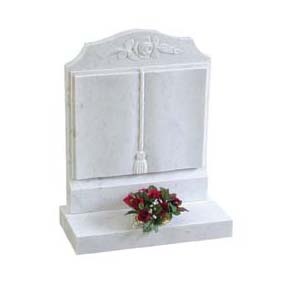
Why do people, normal hard working, caring individuals consider it acceptable to discriminate in this fashion? I have friends who, forgetting my situation, have made derogatory remarks about drug and alcohol users. I try not to judge them and to rise above it. I’ve lived with the disease of addiction and I’ve experienced bereavement as a result of it. Now I’m proudly standing tall, all 5ft 10’’ of me, and proclaiming my role in helping to reduce discrimination in life.
I’m part of a fantastic service that has delivered help, treatment and support to thousands of individuals and their families. We are an important resource. I’m going to be very loud because I am very proud.
from Western Counselling https://www.westerncounselling.com/blog/death-from-addiction/discrimination/
via Alcohol
